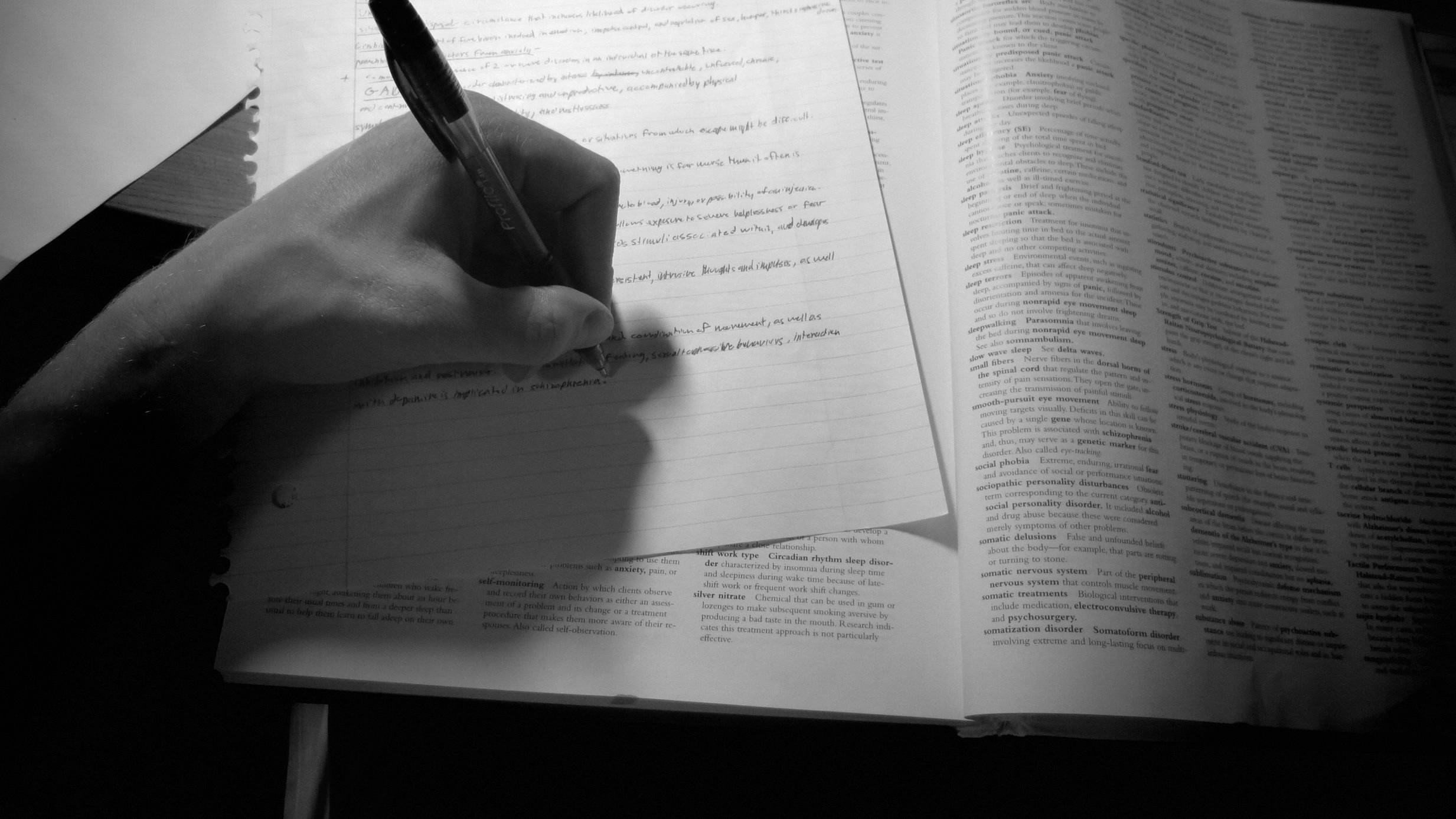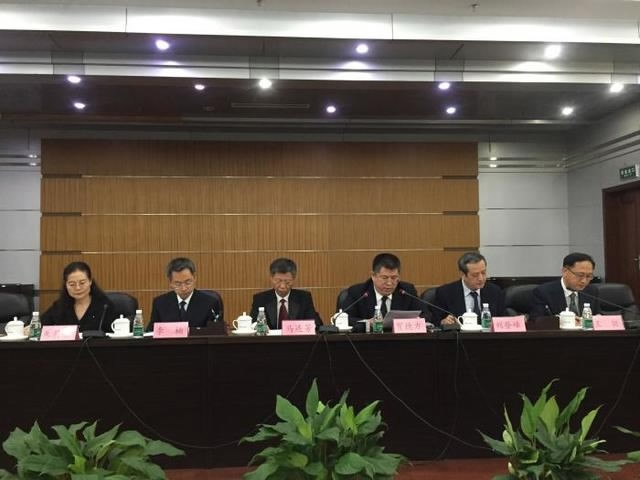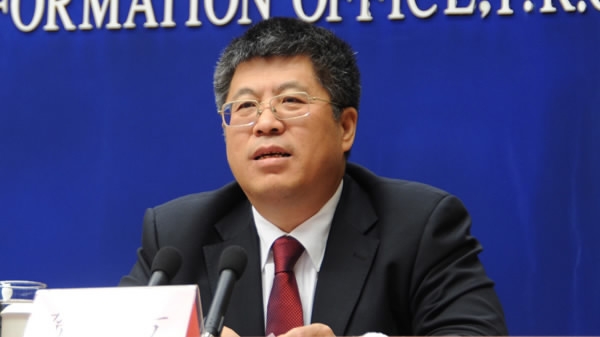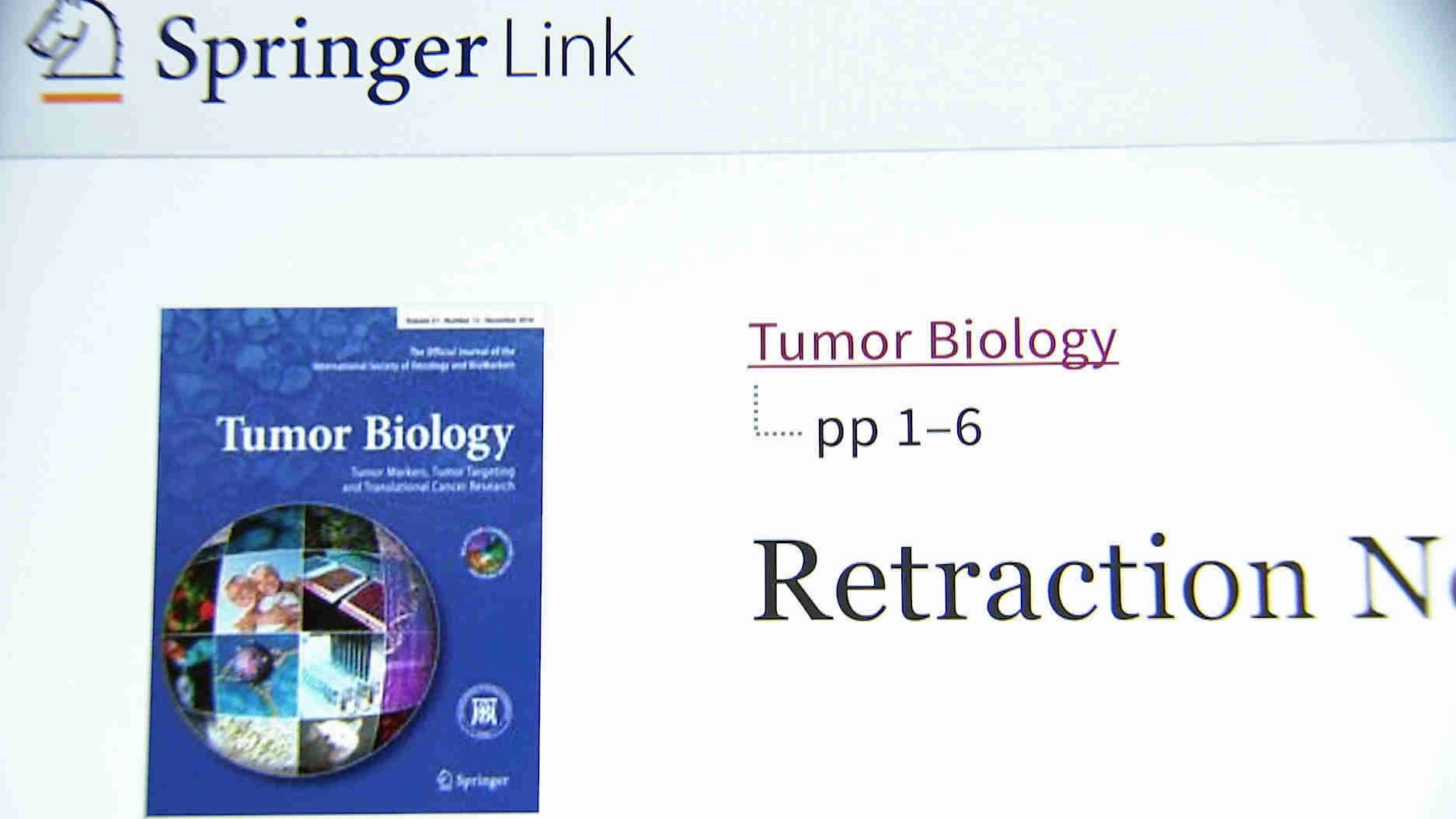
Tech & Sci
13:30, 28-Jul-2017
Officials: 521 authors involved in fake peer review scandal

China released the findings from the investigation into the faked peer review academic scandal surrounding the cancer research journal, Tumor Biology, on Thursday.
Investigation result of the academic paper fraud
11 found no fault while 486 varying degrees of fault of all the 521 authors involved in the 107 retracted articles from Tumor Biology, briefed China's Ministry of Science and Technology (MOST). 24 others are on the "watch list" of research integrity yet to be verified.
Two of the 107 papers retracted from the journal had been redundantly published, while one had been mistakenly retracted as Tumor Biology has clarified.

Press conference. /People Daily Photo
Press conference. /People Daily Photo
101 papers had been submitted with fabricated peer reviewer suggestions, said He Defang, director of the Policy and Supervision Division of the MOST.
The fake peer reviews of 95 out of the 101 articles were provided by third-party agencies and other six by the authors themselves. 12 papers were bought from third-party agencies and 89 finished by the authors, nine found with fake contents.
All 107 papers were published between 2012 and 2015, and were authored by 125 Chinese research organizations and four foreign research organizations.
376 authors involved in the scandal will receive punishment, said He.
Parallel to this, China has already suspended 20 national scientific research projects, in which 21 authors related to the scandal are participating.
Departments to improve academic management system

He Defang, director of the Policy and Supervision Division of the MOST. /scio.gov.cn
He Defang, director of the Policy and Supervision Division of the MOST. /scio.gov.cn
To avoid a repeat of such behavior and to build sound academic environment, the reform of relevant system and mechanism shall be deepened, both addressing the current problem and eliminating the root causes, said He.
Authorities are formulating stricter punishment rules and launching the research of legal punishment for academic fraud.
Besides, a list of journals to be pre-alarmed and monitored will be released within this year.
Peer review
Constituting a form of self-regulation by qualified members of a profession, peer review is often used to weed out pseudoscientific babble and provide credibility to academic research.
Considered one of the golden standards, it is often an integral process in academic publishing.
Timeline of the academic paper fraud

Retraction note on Springer website /CGTN Photo
Retraction note on Springer website /CGTN Photo
· April 20: 107 scientific articles were announced to be retracted from Tumor Biology by German science publishing house Springer Nature.
China Association of Science and Technology (CAST) held talks with representatives from Springer Nature after the retraction.
· April 26: Chinese government has pledged to make changes to the current evaluation situation and a committee of senior experts to be formed to carry out appraisals before each major scientific project is launched.
· June 5: Minister of MOST convened a joint meeting on academic integrity on to address the issue.
· June 14: MOST announced a crackdown on academic paper fraud. A joint working team involving MOST, CAST, the Ministry of Education, the National Health and Family Planning Commission and the National Science Foundation was formed to investigate the scandal.
· July 27: MOST released findings from academic scandal investigation.
(CGTN's Gao Yun also contributed to this story.)
Related stories:

SITEMAP
Copyright © 2018 CGTN. Beijing ICP prepared NO.16065310-3
Copyright © 2018 CGTN. Beijing ICP prepared NO.16065310-3